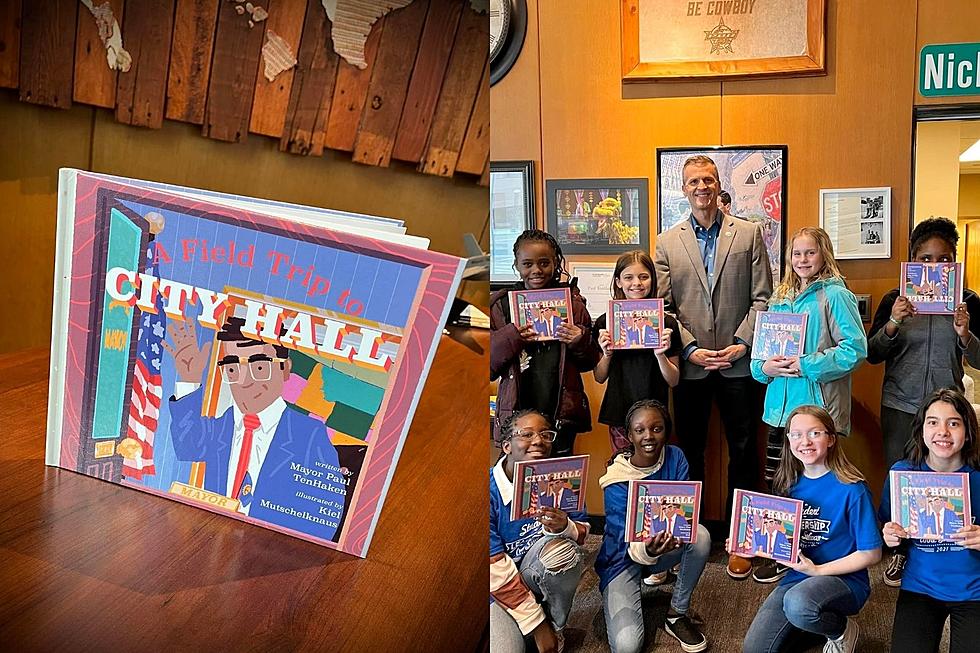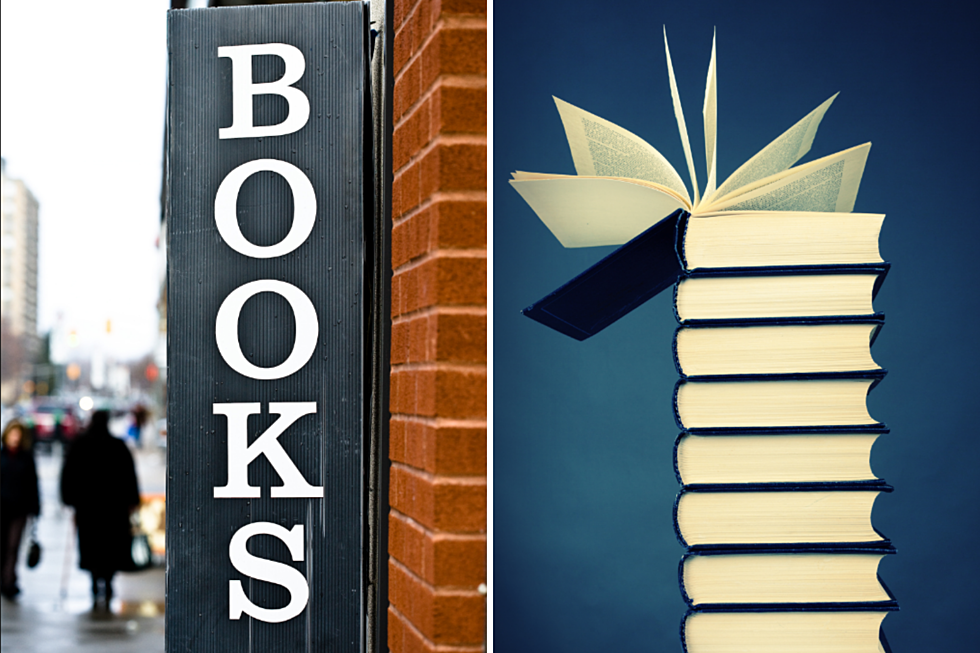
The Best Books I Read in 2017
I love reading novels. I have stacks of books (physical and digital) that I'm trying to make my way through. But, I add as many as I read. A good novel is as insightful as it is entertaining. The reader can enjoy the story and learn about the world and themselves in a way that no other medium can match. I like a good non-fiction book, but a nice piece of fiction is delicious. Compartavility, I have a hard time with a fiction audiobook, and prefer to devour non-fiction that way. It's probably an extension of my podcast love, embedded in my personality by growing up in a home that listened to lots of talk radio. That;s good talk radio, in the 80s when that meant something.
Anyways, I started 2018 with a novel, that I wont name because it was bad. Like Mystery Science Theater 3000 movie bad. It was only about 300 pages and comentaly written, but the story was dumb. I picked it up because it was in one of my favorite genres: post-apocalypse. Up until the last page I was hoping that the story would get better. When it didn't and book ended on a ridiculous cliffhanger I got supremely mad. Like out of proportion angry.
The reason why, I realized, is because I had an amazing streak of great novels in 2017. All of them were in my favorite wheelhouses: the future, alternate history and science fiction. Early last year I looked around for some recommendations of books to read, found some intriguing prospects and set of on one of the best string of novel reading I ever had. Here's a quick look. I highly recommend all these books.
This sci-fi novel takes place about 500 years in the future. In that world humans have moved off Earth and live in a galactic civilization. People move about the galaxy from planet to spaceships through the use of wormholes. The wormhole technology defines the book's civilization the way the internet defines our. Also, in this world humans bodies are able to be built and rebuilt as needed, creating near immorality.
The story focuses on Robin, a male-born human who is recovering from a memory reset. He believes his former work in the military is catching up with him so he decided to hide in an experiment where volunteers live in an enclosed recreation of a late 20th Century Earth town. Of course hijinks and intrigue commence, otherwise it wouldn't be much of a story.
It's a fun and frightening tale of a future fight against tyranny, the nature of being human, identity and technology.
It is the scariest book I read in 2017.
Harry Turtledove is probably my favorite author behind Stephen King. Like King, I may not be interested in everything he writes, but I am rarely disappointed with the works of theirs I do read.
Turtledove's main focus is alternative-history stories. For example he wrote a multi-volume series about what the world would be like if the South had won it's independence in the Civil War. The series traces the consequences from the 1870s through 1945 following the stories of various characters, both real and fictional. As an amture history buff myself, these types of fictional exercises are exciting. Forcing the reader to think about the real world in a fresh way.
In Joe Steele, the premises starts with the idea that Joseph Stalin's family emigrated to the United States in the late 1800's instead of remaining in Russian dominated Georgia. The same person that rose to tyrannical highs in the Soviet Union, instead is unleashed on America.
In the book Stalin, now Joe Steele, grows up to enter politics in early 20th century California. He rose quickly, ending up in the US House of Representatives by the time the Great Depression hits. He wins the presidential election of 1932 with a mix of populism and evil that sets the stage for a frightening version of America. From gulags in the Rocky Mountains to political assassinations this is a short, tight story. One volume, not part of a series. And again, it scared the pants off me with it's realness.
What would happen to our planet if the moon broke? That's how this amazing sci-fi story begins. The moon breaks up forcing humans to flee Earth, at least some of them. The story takes place over the thousands of years as the survivors and their descendants build a civilization and work to return to the planet surface. And of course they find surprises there.
There are too many twists and turns in the story to go into too much detail. The story is a nice mix of personal, emotional storytelling and hard science fiction. The science of space travel is taken very seriously, and adds tremendously to the plot's tension.
El Akkad is a Canadian journalist who makes a stunning entry into fiction with his first novel. It takes place in 2074 telling the story of the second American Civil war.
Climate change has ravaged the world, especially the areas of North America along the coasts. Land and cities are lost to the ocean. Weather changes create devastating storms and droughts. All this leads to unemployment, depression and misery for many people.
In a push to move toward more efficient sources of energy, the country passes a ban on fossil fuels. This prompts the states of Mississippi, Alabama, Georgia, South Carolina and Texas secede from the Union.
The story follows the life of a young girl growing up in poverty stricken coastal Louisiana. Events take her from the family home to a refugee camp on the Mississippi–Tennessee border. From there the story tracks the girl's life as she becomes part of the group fighting the Union. She is seeking vengeance, but is she being used by others for their own purposes?
It is a fascinating story of future history, war in American soil, climate change seen from the human level, and family. When a story is told well, I can sense where it's going and still be surprised. This story hits all the right places. Are there good guys or bad guys? Does one's perception determine one's view of that? When does vengeance become wanton destruction, and is there even a difference? A good story like this doesn't give answers, it asks those questions in ways that force the reader to examine their own way of thinking and view of other people in the world.
Other great books I read in 2017:
Fire on the Mountain by Terry Bisson. Another alternative history story. This time what would the world be like if John Brown's raid on Harper's Ferry had started a slave rebellion in 1859.
Station Eleven by Emily St. John Mandel. This is a great story about a traveling troop of actors and musication in a world ravaged by a super-flu like plage.
The Autobiography of Jean Luc Picard by David A. Goodman Star Trek novels are like a palate cleanser for me. They are like taking a break between some more serious, and often bleak, stories. They are fun, exciting and generally well written. This one is exactly what the title says, the life of the second greatest Starfleet Captain (behind Benjamin Sisko! DS9 4 Life!).
From his beginnings at the family vineyard in France to Starfleet Academy, then the stars. Goodman, as Picard, traces his growth as a person and adventures on the Enterprise. It's a fun tale that gives a bit more of the day-to-day details of the lives of people in the 23rd Century of the Star Trek universe. I always crave those bits, that's why an episode like Home from season four of The Next Generation is one of my all-time faves.
Well, back to my stacks of book. I have worlds to visit and times to travel. And most of them will be in some state of post-apocalyptic ruin, so I better brace myself in 2018.
See Also:
More From Hot 104.7 - KKLS-FM









